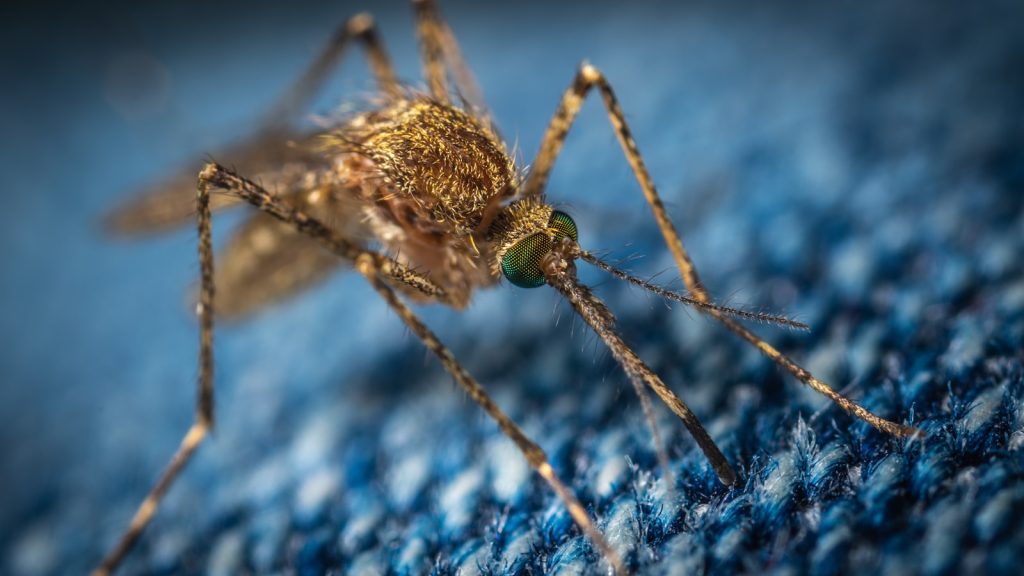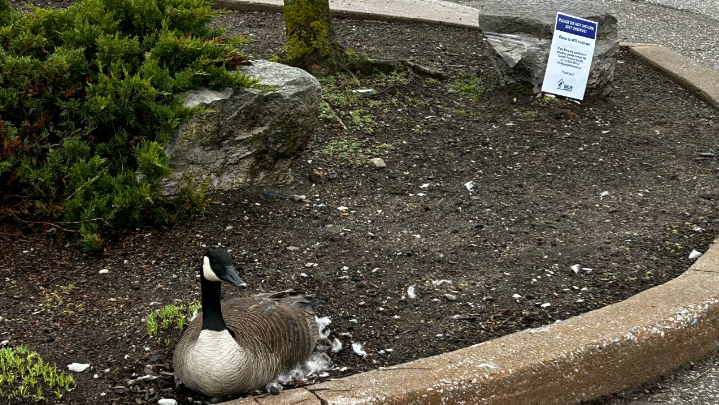Laurier panel: Climate change posing threat to Canada’s North
Posted Nov 19, 2015 06:17:20 PM.
This article is more than 5 years old.
Canada’s North is taking a serious hit from climate change — perhaps more than you might realize.
In fact, research shows it’s among the most affected places in the entire world.
“In the very high latitudes, the changes are most pronounced on a global scale, so over [the past 51 years], you’re getting a change of close to 4 degrees,” says Wilfrid Laurier University professor Michael English.
That temperature change has led to a rash of other changes, spanning from shrinking wildlife populations, to increased forest fires, to disappearing vegetation.
Resource manager Dean Holman, who flew in from the Northwest Territories in order to speak at a Laurier panel on climate change, says when changes in the environment happen at such a fast pace, it affects an entire lifestyle for certain Indigenous peoples.
“They don’t want to put themselves at risk, they don’t want to put their kids at risk, so the way their lifestyle is impacted is that their frequency of going out on the land is lessened,” says Holman.
That uncertainty felt by Canada’s northern Aboriginal populations is shared by researchers.
“It puts the question into what the future availability of freshwater resources is in these parts of Canada, especially considering it’s also experiencing unprecedented rates of industrial expansion — and that brings with it unknown demands on water,” says Bill Quinton, Canada Research Chair in Cold Regions Hydrology at Wilfrid Laurier University.
“Fracking and so on use huge amounts of water, and they’ll be using groundwater and surface water combinations, and how do you plan for that when you don’t know about the rates and volumes of water coming from river channels?”
The panel also heard from Edward Cholo, a trapper from the Northwest Territories.
He says in the last four years alone, he’s seen birds, frogs, and 10 to 15 feet of peat moss disappear.
Holman says when it comes to water, food, or shelter in the North, even the slightest change has significant consequences.
“It’s felt greatly, and it’s felt immediately,” says Holman.
“Take away one of those aspects of life and comfort, and see where you end up.”










